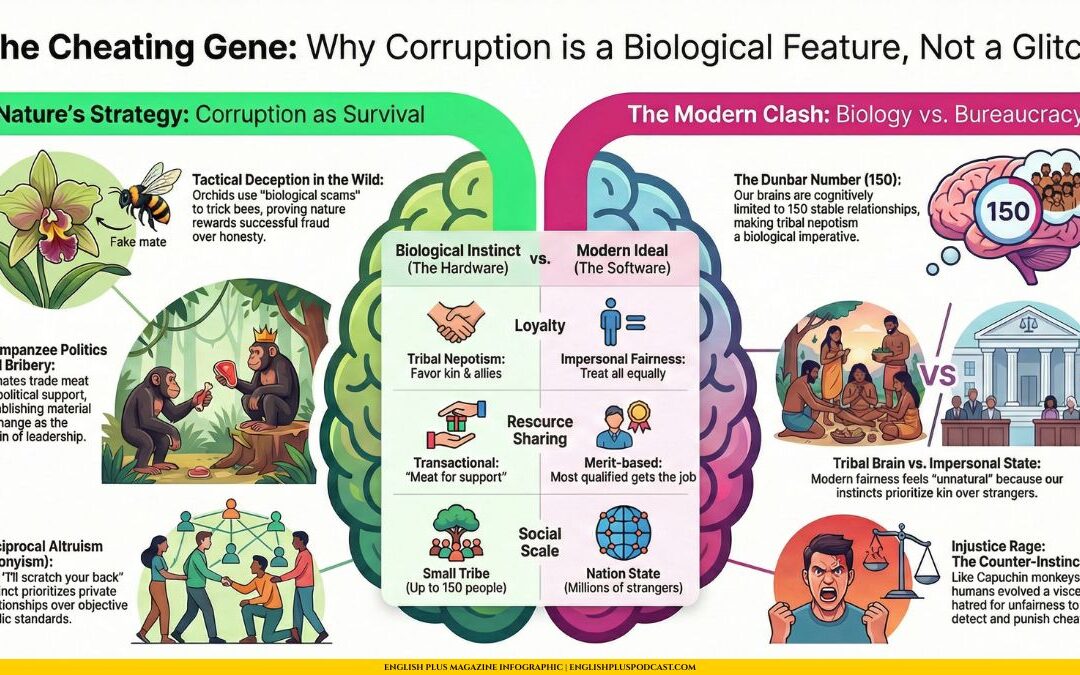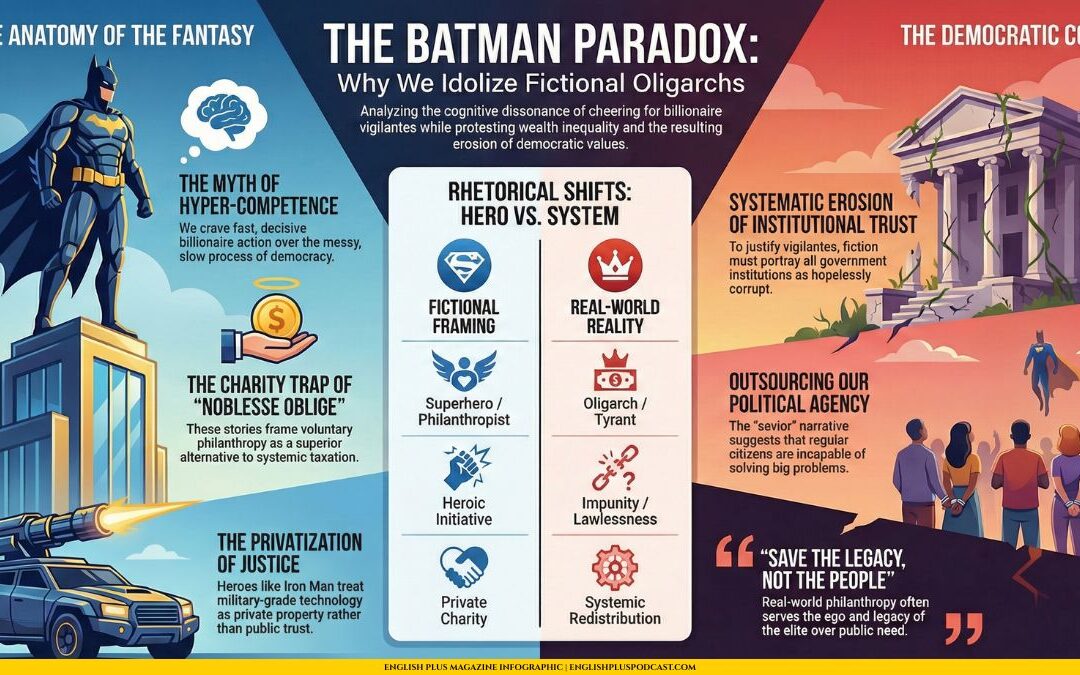The Mystery of Missing Memories: Understanding Childhood Amnesia
Have you ever tried to recall your very first memories? For most people, those early years are shrouded in a mysterious fog. This phenomenon is called childhood amnesia, and it explains why those precious first birthdays and toddler milestones remain frustratingly out of reach.
What is Childhood Amnesia?
Childhood amnesia refers to the inability of most adults to recall episodic memories (memories of events) from before the age of 3 or 4. While some fragments might remain, the majority of those very early experiences fade into the background.
Why Does Childhood Amnesia Happen?
Scientists are still unraveling the exact causes of childhood amnesia, but here are some leading theories:
- Brain Development: The areas of the brain responsible for forming and storing long-term memories, like the hippocampus, aren’t fully developed in very young children.
- Language Skills: Since memories are often tied to language, limited language ability in toddlers might make it harder to form lasting memory records.
- Shifting Sense of Self: As young children develop a stronger sense of self, older memories that don’t fit with their current self-concept may fade.
Is It All Lost?
While most early episodic memories are tricky to access, that doesn’t mean everything is gone:
- Implicit Memories: Skills and early emotional experiences can leave lasting traces even if you don’t consciously remember learning them.
- Fragments: You might retain flashes of memory – a familiar smell, a feeling – from your early years.
Childhood Amnesia and You
This phenomenon of missing memories is a universal human experience. While there’s a touch of sadness in not recalling your earliest years in detail, childhood amnesia highlights the incredible development the human brain undergoes in its first few years.










0 Comments